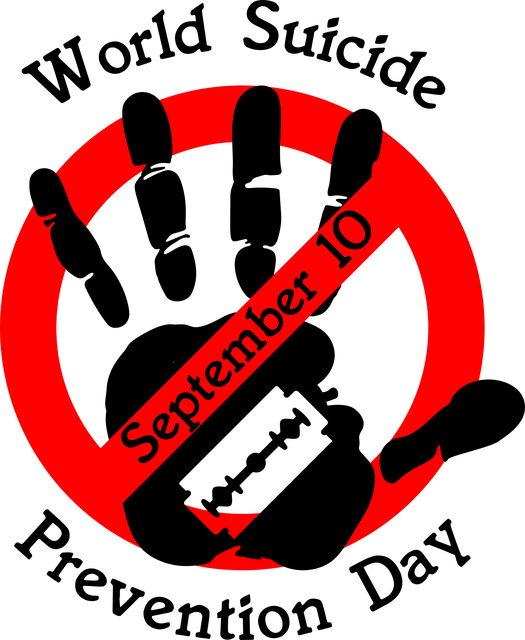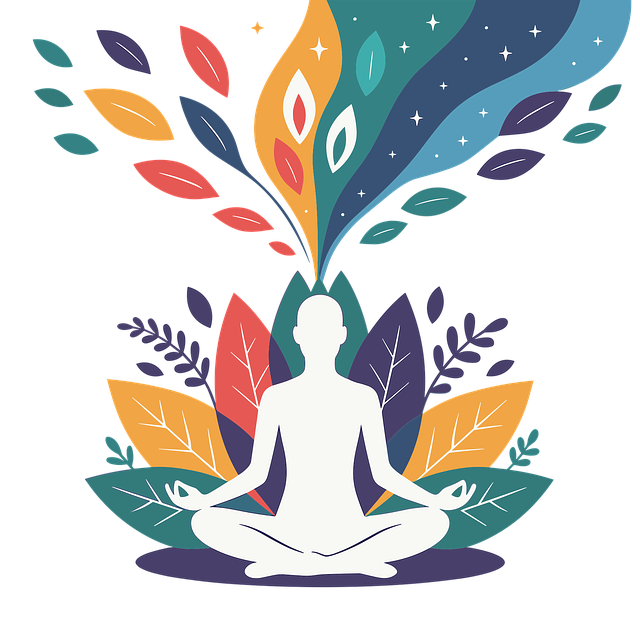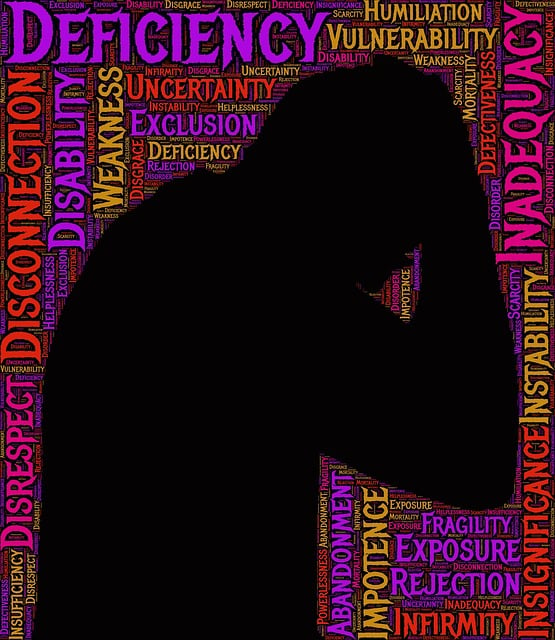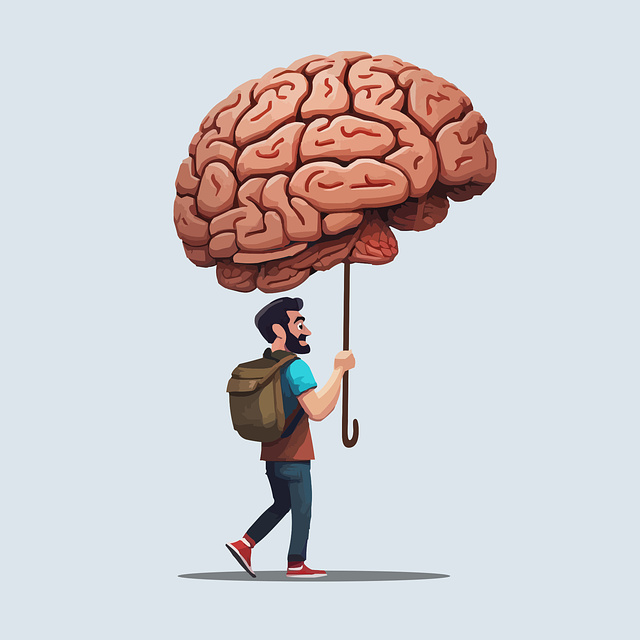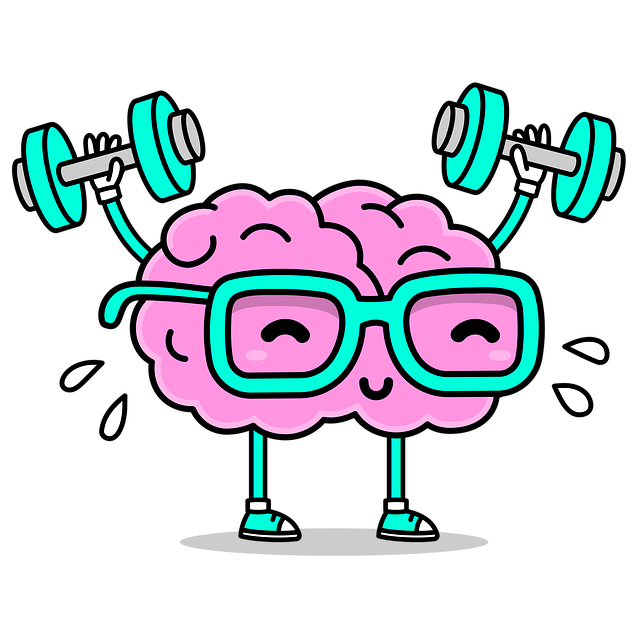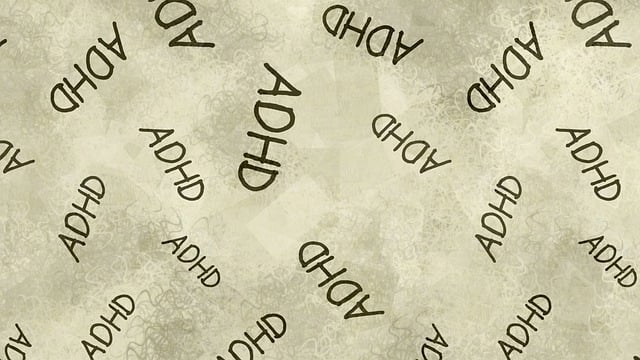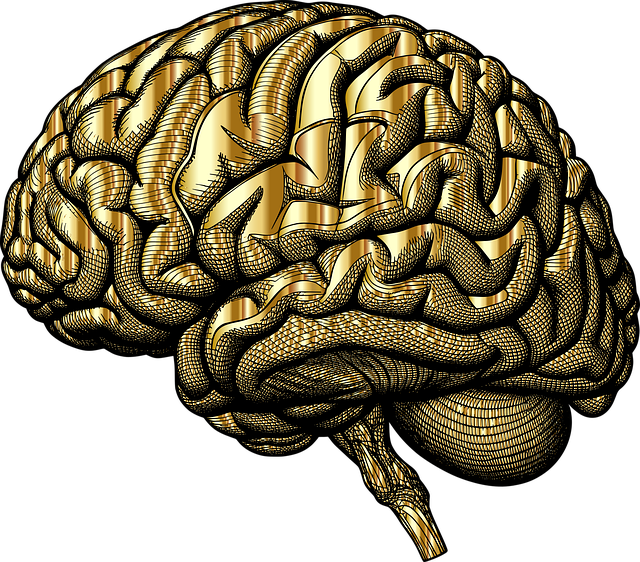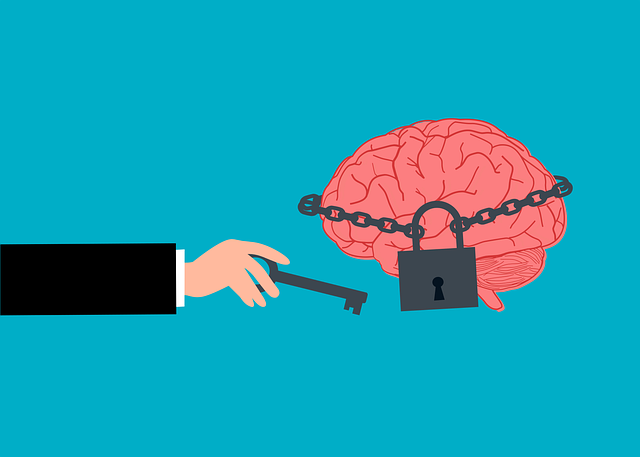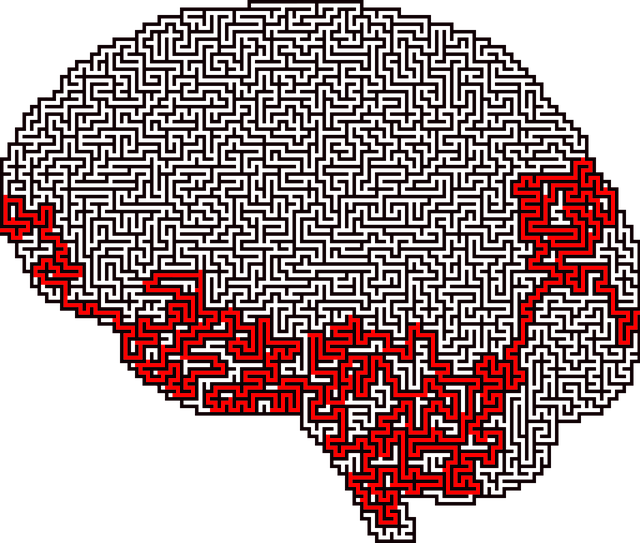Mental wellness is a vital aspect of managing chronic pain conditions, as untreated pain can lead to psychological issues like depression and anxiety. Longmont Chronic Pain Therapy incorporates conflict resolution, resilience building, and mood management into care plans to improve mental wellness. Dedicated journaling exercises help track moods, identify triggers, set goals, and develop effective coping strategies for both physical and psychological symptoms. Regular journaling routines, integrated with therapy, significantly enhance mental wellness, foster emotional awareness, and support overall well-being, especially for individuals dealing with chronic pain or conditions like depression and trauma in Longmont Chronic Pain Therapy practices.
“Unwind and embrace the transformative power of mental wellness journaling, a beneficial practice gaining momentum in Longmont chronic pain therapy. This comprehensive guide delves into the intricate relationship between mental health and physical pain, highlighting how expressive writing can be a potent tool for healing. We’ll explore structured journaling routines, offering practical tips to kickstart your therapeutic journey. By tracking progress and celebrating small victories, individuals can navigate their path to improved well-being.”
- Understanding Mental Wellness and Its Impact on Chronic Pain
- The Power of Journaling as a Therapeutic Tool
- Creating Your Journaling Routine: Structure and Tips
- Reflecting on Progress: Tracking and Celebrating Small Wins
Understanding Mental Wellness and Its Impact on Chronic Pain

Mental wellness is a crucial aspect of overall health, especially for individuals dealing with chronic pain conditions like those often seen in Longmont Chronic Pain Therapy practices. Understanding and managing mental health can significantly impact a person’s ability to cope with persistent pain. Chronic pain, when left unaddressed, can lead to various psychological challenges, such as depression, anxiety, and reduced quality of life.
By integrating conflict resolution techniques, resilience building, and mood management strategies into their care plan, patients can better navigate the emotional landscape of living with chronic pain. These tools empower individuals to foster a positive mindset, improve coping mechanisms, and enhance overall mental wellness. Through dedicated journaling exercises, one can explore these aspects, track progress, and develop effective strategies for managing both physical and psychological symptoms.
The Power of Journaling as a Therapeutic Tool

Journaling has emerged as a powerful therapeutic tool, offering individuals a chance to explore and understand their thoughts and emotions. For those dealing with chronic pain, like many seeking Longmont Chronic Pain Therapy, it can be an invaluable way to process and manage their experiences. The act of writing down feelings and thoughts allows for increased self-awareness, enabling people to identify triggers, cope with stress, and gain perspective on their challenges.
Mental wellness journaling exercise guidance encourages individuals to reflect on their daily experiences, track moods, and set goals. This process fosters better communication strategies both internally and externally. By documenting their journey, individuals can look back and recognize patterns, which is beneficial for managing mental health and chronic pain conditions. Through mental health education programs designed around journaling, participants learn valuable tools that enhance their overall well-being.
Creating Your Journaling Routine: Structure and Tips

Creating a consistent journaling routine can be a powerful tool for managing mental wellness, especially for those navigating chronic pain or dealing with conditions like depression and trauma. At Longmont Chronic Pain Therapy, we encourage clients to explore this practice as part of their holistic treatment plan. Start by dedicating a quiet space in your home specifically for journaling—a place where you won’t be interrupted. Choose a time each day that works best for you; some prefer the morning to set an intention for the day, while others find it therapeutic before bed to reflect on experiences and emotions.
Consider structuring your journal with prompts or themes to guide your thoughts. For instance, you could dedicate pages for gratitude, where you list things you appreciate daily, or use prompts like “Describe a challenging interaction and how you’d like to respond differently next time” to support trauma recovery and stress management. Local organizations like Stress Management Workshops Organization and Trauma Support Services also offer valuable resources, including pre-made journal prompts tailored for various mental health topics. Over time, this practice will become an integral part of your self-care routine, fostering a deeper connection with your thoughts and emotions.
Reflecting on Progress: Tracking and Celebrating Small Wins

Journaling is a powerful tool for tracking your progress on the path to improved mental wellness, especially when paired with Longmont Chronic Pain Therapy. By regularly reflecting on your experiences and emotions, you can begin to identify patterns and positive shifts in your mood and behavior. Celebrating small wins is an essential aspect of this process. It involves acknowledging and appreciating the incremental changes that contribute to your overall well-being. For instance, if you’ve successfully completed a challenging task or found healthier coping mechanisms for stress, take a moment to write it down and recognize your accomplishment.
This practice fosters self-esteem improvement by promoting self-awareness and a sense of achievement. It also enhances emotional intelligence by helping you label and understand your feelings. As you look back on previous entries, you might notice trends in your emotional state and gain valuable insights into what strategies are most effective for managing difficult situations. This ongoing reflection can guide you towards making positive lifestyle changes that support your mental wellness journey.
Mental wellness journaling can be a transformative practice for those navigating chronic pain in Longmont. By combining self-reflection with therapeutic expression, individuals can gain valuable insights and enhance their overall well-being. The structured approach outlined in this guide empowers users to create a personalized routine, track progress, and celebrate small victories on their journey towards improved mental health and chronic pain management. Embrace the power of journaling as a powerful tool for healing and self-discovery.
